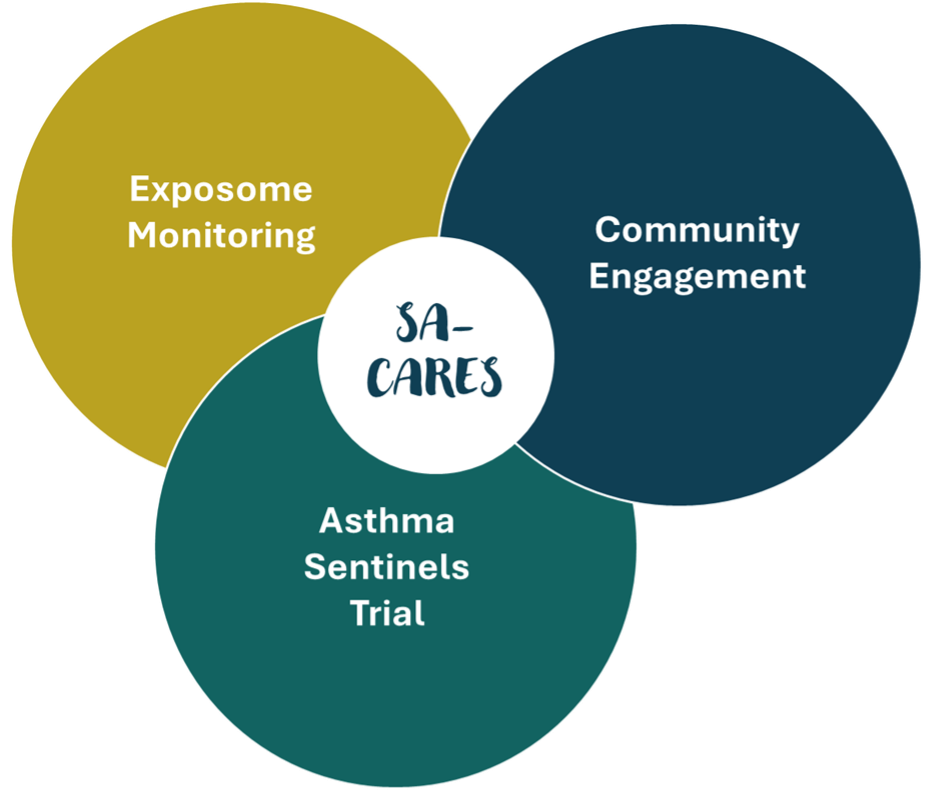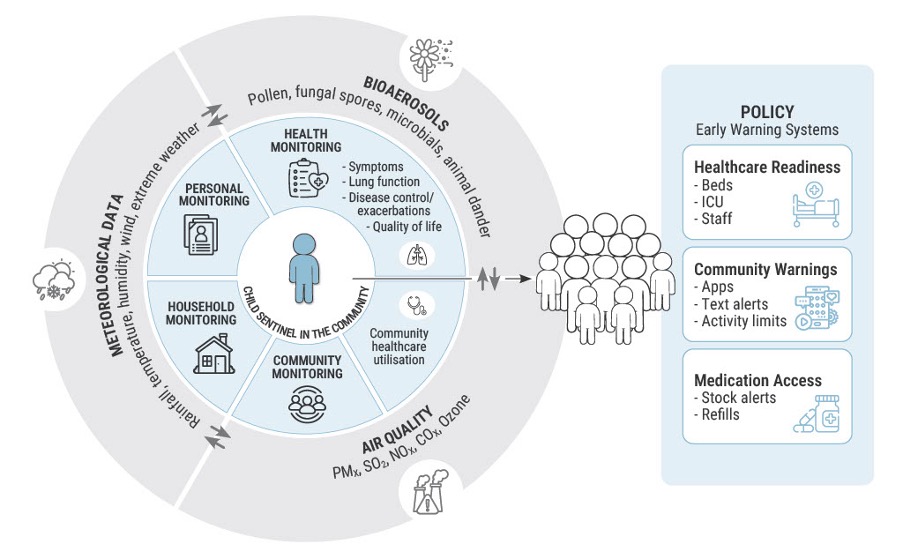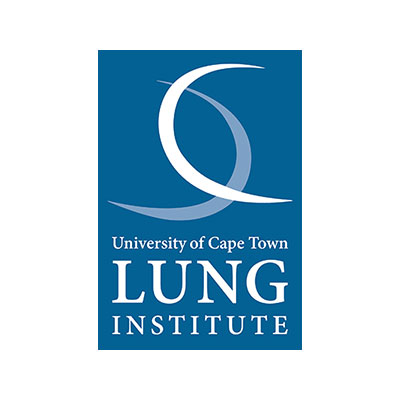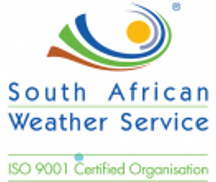Asthma is becoming more common in South Africa, and it’s getting harder to manage in many children. One reason may be our changing environment. Things like dirty air, dust, wildfire smoke, high pollen levels, heatwaves, and storms can all make asthma worse.
SA-CARES is a research project studying how changes in the environment, like air pollution, pollen, and extreme weather, affect asthma and other lung conditions in children.

SA-CARES is focused on children in three provinces: Limpopo, North-West, and the Western Cape. The team is measuring air quality (in and outdoors), pollen, weather, and other environmental factors. At the same time, they’re working with children who have asthma to see how changes in the environment affect their symptoms.
A key part of the project is the idea of “sentinels.” Children with asthma may be able to be used as early warning signs for their communities. If more kids start having asthma flare-ups, it might be a signal that something in the environment is making the air less safe for everyone. These asthmatic children may start having symptoms a few days to a week before others start manifesting. This early warning could then help health workers and local leaders take action before more people get sick.

SA-CARES aims to give communities better tools and information to protect children’s lung health. It will also help inform local and national policies on how to respond to climate change and environmental risks.
The project is supported by the Wellcome Trust, a global organisation that funds health research, especially work that helps people facing serious challenges from climate and environmental change.











